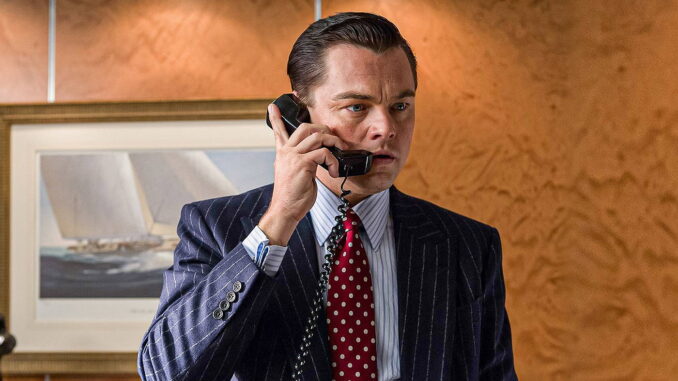
The Alchemy of Trust: Decoding Leonardo DiCaprio's Directorial Pact
Leonardo DiCaprio, the name itself conjures images of on-screen charisma, dramatic depth, and a consistent string of collaborations with some of cinema's most visionary directors. From Scorsese's intense explorations of masculinity to Tarantino's stylized violence and Inarritu's breathtaking visual narratives, DiCaprio has consistently placed himself under the guidance of cinematic titans. But what allows him to flourish in such demanding environments? According to DiCaprio himself, the key lies in a surprisingly simple rule: trust. While seemingly understated, this single tenet unlocks a complex understanding of the actor's creative process, his dedication to the art, and the symbiotic relationship he fosters with his directors.
The idea of trust, in this context, extends far beyond a mere handshake agreement. It's a deep-seated confidence in the director's vision, a willingness to surrender control and embrace the unknown. Consider his work with Martin Scorsese. Films like "Gangs of New York," "The Aviator," "The Departed," "Shutter Island," and "The Wolf of Wall Street" showcase a profound understanding between actor and director. DiCaprio doesn't just perform the lines; he embodies Scorsese's characters, allowing himself to be molded by the director's meticulous attention to detail and his unwavering commitment to authenticity. This requires a complete relinquishing of ego, a vulnerability that allows DiCaprio to become a vessel for Scorsese's artistic expression.
This trust isn't blind faith. It's born from extensive pre-production discussions, collaborative exploration of the character, and a shared understanding of the narrative's core. DiCaprio, known for his dedication to research, meticulously prepares for each role, immersing himself in the character's world and motivations. He brings this wealth of knowledge to the table, engaging in a dialogue with the director to refine and enrich the character's portrayal. This back-and-forth ensures that the performance is not merely an interpretation but a co-creation, a product of mutual respect and intellectual exchange.
The trust also manifests in DiCaprio's willingness to push his boundaries, to embrace discomfort and vulnerability. In "The Revenant," under the direction of Alejandro González Iñárritu, DiCaprio endured grueling physical challenges, braving freezing temperatures and consuming raw bison liver. This level of commitment speaks volumes about his faith in Iñárritu's artistic integrity and his belief that the director's vision justified such extreme measures. He understood that Iñárritu wasn't simply seeking to inflict hardship; he was striving to create a visceral and immersive experience for the audience, and DiCaprio was willing to endure anything to contribute to that vision.
Furthermore, this element of trust extends to embracing the director's unique style and aesthetic. In "Once Upon a Time in Hollywood," DiCaprio seamlessly integrated into Tarantino's vibrant, revisionist world. He embodied the fading star Rick Dalton with a blend of bravado and insecurity, capturing the essence of Hollywood's Golden Age while also embracing Tarantino's trademark quirky dialogue and stylized violence. This demonstrates DiCaprio's ability to adapt to different directorial styles, trusting that each director's unique voice will ultimately elevate the performance and enrich the film's overall impact.
However, it's important to acknowledge that trust is a two-way street. DiCaprio's commitment and dedication foster trust in return. Directors are more likely to grant him creative freedom and allow him to experiment, knowing that he will always be working towards the betterment of the film. This mutual respect creates a fertile ground for artistic innovation, resulting in performances that are both compelling and nuanced.
In conclusion, Leonardo DiCaprio's "simple rule" of trust is anything but. It's a sophisticated understanding of the collaborative process, a willingness to relinquish ego and embrace vulnerability, and a profound respect for the director's vision. It's this trust that allows him to thrive in the demanding environments created by cinema's top directors, allowing him to consistently deliver performances that are both critically acclaimed and deeply resonant. By surrendering control and embracing the director's guidance, DiCaprio unlocks a wellspring of creative potential, solidifying his place as one of the most accomplished and respected actors of his generation. His story is a testament to the transformative power of trust, proving that the most profound art often arises from the most deeply collaborative relationships.